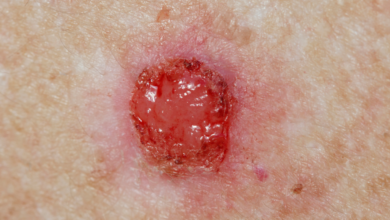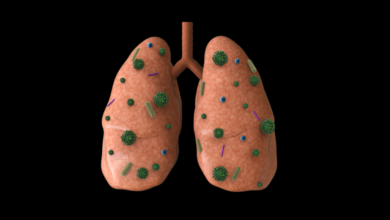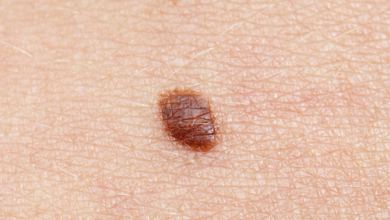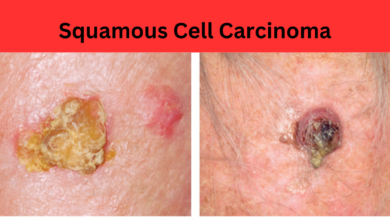Transitional Cell Carcinoma: A Cancer of the Urothelium
Urothelial Carcinoma: Understanding the Basics
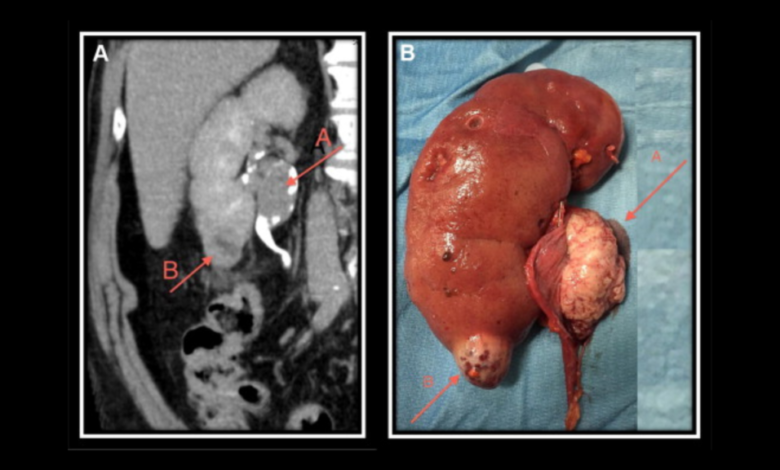
What is Transitional Cell Carcinoma?
Transitional cell carcinoma (TCC) is a type of cancer that develops in the urothelial cells, which line the urinary tract. These cells are found in the kidneys, ureters, bladder, and urethra.
Types of Transitional Cell Carcinomas
While there isn’t a strict categorization of types within transitional cell carcinoma, the cancer can be classified based on its location:
• Urothelial carcinoma of the bladder: The most common type, affecting the bladder.
• Urothelial carcinoma of the ureter: A less common type, affecting the tubes that carry urine from the kidneys to the bladder.
• Urothelial carcinoma of the renal pelvis: A rare type, affecting the kidney’s collecting system.
Symptoms of Transitional Cell Carcinoma
Symptoms can vary depending on the location of the cancer. However, common symptoms include:
• Bladder cancer:
o Blood in the urine (hematuria)
o Frequent or urgent urination
o Painful urination
• Ureteral cancer:
o Pain in the flank (side of the back)
o Blood in the urine
• Renal pelvis cancer:
o Blood in the urine
o Pain in the flank
Causes of Transitional Cell Carcinoma
The exact causes of transitional cell carcinoma are not fully understood. However, certain factors can increase the risk, including:
• Exposure to certain chemicals: Exposure to chemicals like aromatic amines, found in certain dyes and rubber products, can increase the risk.
• Smoking: Smoking can increase the risk of bladder cancer.
• Chronic bladder inflammation: Long-term inflammation of the bladder can increase the risk.
Who Can Suffer from Transitional Cell Carcinoma?
Anyone can develop transitional cell carcinoma, but it is more common in older adults and those exposed to risk factors.
Diagnostic Tests for Transitional Cell Carcinoma
To diagnose transitional cell carcinoma, a doctor may use a combination of tests, including:
• Urine test: To check for blood or abnormal cells in the urine.
• Cystoscopy: A procedure to examine the inside of the bladder and urethra using a flexible tube with a light and camera.
• Biopsy: A small tissue sample is removed and examined under a microscope to confirm the diagnosis.
• Imaging tests: CT scans and MRIs can help determine the extent of the cancer.
Stages of Transitional Cell Carcinoma
The staging of transitional cell carcinoma helps determine the extent of the disease and guides treatment decisions. The most common staging system is the TNM system, which considers the size of the tumor (T), the spread to nearby lymph nodes (N), and the presence of distant metastases (M).
Treatment of Transitional Cell Carcinoma
The treatment for transitional cell carcinoma depends on the stage and location of the cancer, as well as the patient’s overall health. Common treatment options include:
• Surgery: To remove the cancerous tumor and surrounding tissue.
• Chemotherapy: To kill cancer cells throughout the body.
• Immunotherapy: To boost the body’s immune system to fight cancer cells.
• Radiation therapy: To kill cancer cells with high-energy rays.
Treatment of Transitional Cell Carcinoma
The treatment for transitional cell carcinoma depends on the stage and location of the cancer, as well as the patient’s overall health. Common treatment options include:
• Surgery: To remove the cancerous tumor and surrounding tissue.
• Chemotherapy: To kill cancer cells throughout the body.
• Immunotherapy: To boost the body’s immune system to fight cancer cells.
• Radiation therapy: To kill cancer cells with high-energy rays.
Diet and Transitional Cell Carcinoma Prevention
While a specific diet cannot guarantee prevention of transitional cell carcinoma, a healthy diet can contribute to overall health and reduce the risk of certain risk factors. Here are some dietary recommendations:
• A balanced diet: A diet rich in fruits, vegetables, and whole grains can help.
• Limit processed foods and sugary drinks: These can contribute to weight gain and other health problems.
• Maintain a healthy weight: Obesity is linked to an increased risk of certain cancers.
• Limit alcohol consumption: Excessive alcohol consumption can increase the risk of certain cancers.
Overall Survival Rate of Transitional Cell Carcinomas
The overall survival rate for transitional cell carcinoma varies depending on the stage and location of the cancer, as well as the patient’s overall health. Early detection and timely treatment significantly improve the prognosis.
Doctor to Consult
A urologist is the best doctor to consult for transitional cell carcinoma.
Diseases Associated with Transitional Cell Carcinomas
Transitional cell carcinoma is often associated with exposure to certain chemicals, such as aromatic amines found in certain dyes and rubber products. Smoking is also a risk factor, particularly for bladder cancer.
How to Prevent Transitional Cell Carcinomas
While there’s no guaranteed way to prevent transitional cell carcinoma, the following strategies can reduce the risk:
• Avoid exposure to harmful chemicals: Limit exposure to chemicals known to increase the risk of bladder cancer.
• Quit smoking: Smoking is a major risk factor for bladder cancer.
• Stay hydrated: Drinking plenty of water can help flush out toxins.
• Regular check-ups: Regular check-ups with a healthcare provider can help detect any abnormalities early on.


